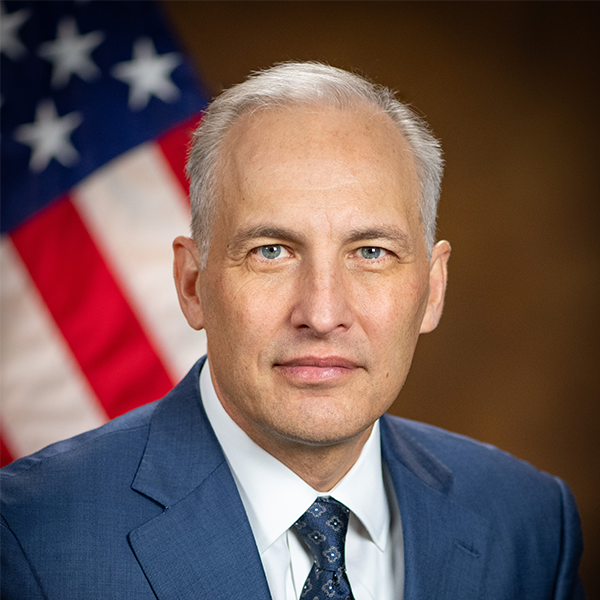Note that all times are in PST. Click here to download the agenda.
Registration and Breakfast
Welcome Remarks
Breakout I
Option 1: CFIUS and Reverse CFIUS (Paul Brest Hall East)
This session will explore the pain points and challenges of complying with CFIUS and FIRRMA,
as well as the possible parameters of a new outbound investment regime. This session also will
consider how related entity risks and beneficial ownership risks should be treated in a CFIUS
context, as well as the heightened risk of monetary penalties for noncompliance. To the extent it
is of interest to participants, this session may also consider some of the challenges of FOCI
clearance and mitigation.
Option 2: Trade Controls (Paul Brest Hall West)
This session will explore the pain points and challenges of complying with trade controls that
support decoupling, including new additions to the Entity List, export licensing requirements,
new Foreign Direct Product Rules, the use of export controls to address human rights violations,
and import restrictions on products from China and Russia. This session also may consider
inconsistencies between various trade and investment controls and sanctions regimes, as well as
ways in which compliance with U.S. policies could trigger possible countermeasures by foreign
jurisdictions.
Breakout II
Option 1: Winning the Race for Tech Talent (Paul Brest Hall East) This session will explore how decoupling policies impact talent acquisition and management, and how U.S. companies can attract foreign talent to the U.S. while navigating concerns around IP theft and other national security risks. This session also will consider whether U.S. policies erode U.S. companies’ competitive advantage in attracting foreign talent, and how the government can better ensure that U.S. companies can compete successfully in the global talent market.
Option 2: Economic Sanctions (Paul Brest Hall West) This session will explore the pain points and challenges of complying with U.S economic sanctions, particularly for companies that are dealing with Russian investors, doing business in Russia, doing business with Russian entities, and/or managing Russian employees. This session also may consider inconsistencies between the sanctions regime and trade and investment controls, use of third-party intermediaries to evade sanctions, and whether Russian sanctions are – or should be – a playbook for China.
National Security- Related Enforcement & Policy Trends
This session will consider the possible surge in national security-related compliance enforcement and the implications of ICTS review, and explore ways that U.S. companies can navigate enhanced compliance and due diligence scrutiny. This session also will consider the broader implications of such a surge for the U.S. tech industry, as well as ways that regulators and policymakers can avoid giving a competitive advantage to foreign businesses that are not subject to the same stringent regulations as U.S. companies. Finally, this session will explore the foreign policy agenda of the Biden Administration and Congress, and consider how other countries are reacting to the push for economic decoupling.
Public-Private Dialogue as a Tool for Strengthening Compliance
This session will consider whether the government’s preferred approach to compliance-related engagement with the private sector actually makes sense for the private sector. This session also will consider how the public and private sectors can better share information about compliance risks, challenges, and potential solutions, as well as private sector concerns that might hinder this information exchange or make it less palatable.
Afternoon Program: Opportunities for Joint Innovation
Identifying and Overcoming Challenges to Joint Public-Private Sector Investment
This session will explore whether and how different approaches to due diligence, risk tolerance, and expected returns may impact public-private co-investment opportunities, and ways to bridge those differences moving forward.
Government Funding for Innovation
This session will explore the myriad ways the U.S. government can help to fund domestic innovation through, by way of example, government VC, government funding through DoD and USIC, and co-investment opportunities.
Break
Using the Government as a Guide to Help Simplify the Process of Securing a Government Contract
This session will consider ways in which the government can act as a guide to help U.S. tech companies navigate the complex and time-consuming process of qualifying for a government contract. (1) the main challenges for startups that are seeking to secure a government contract, (2) how the government can help startups survive the complex and often brutal process of qualifying for a government contract, (3) whether the government’s approach makes sense from the private sector perspective, and if not, (4) how the government can better assist startups who are navigating this process.
Enhancing Public-Private Dialogue to Support Joint Innovation
This session will explore opportunities for more and better information sharing between the public and private sectors to support domestic innovation, including through the use of councils or other mechanisms for timely exchanging information about government needs and sources of capital and private sector capabilities.

